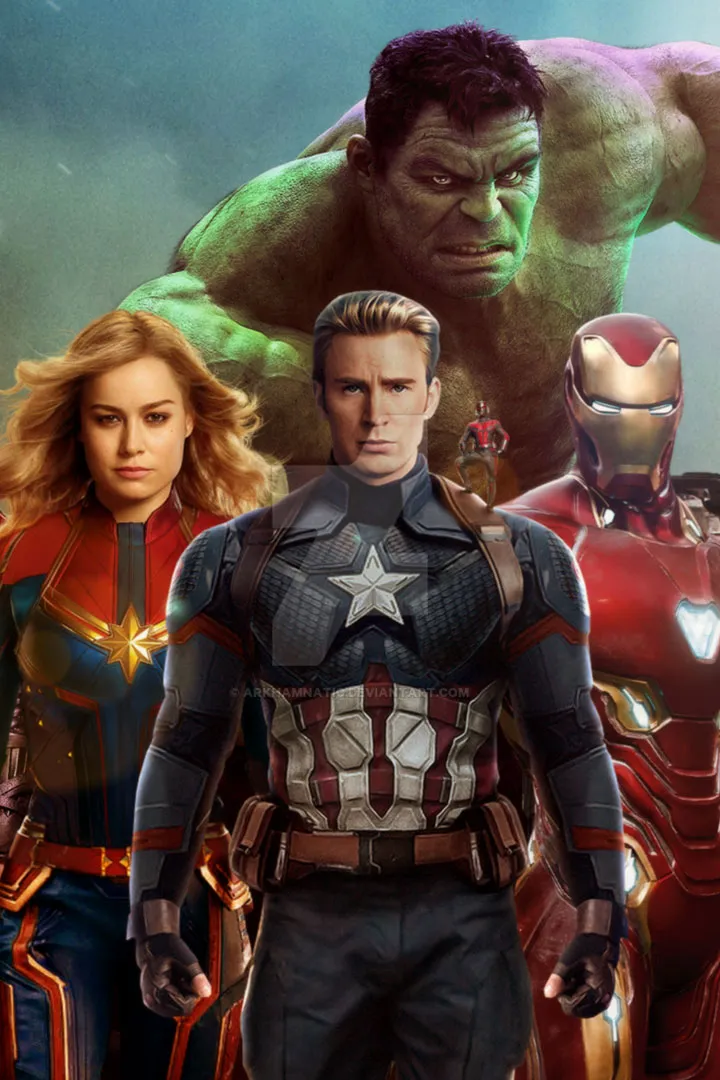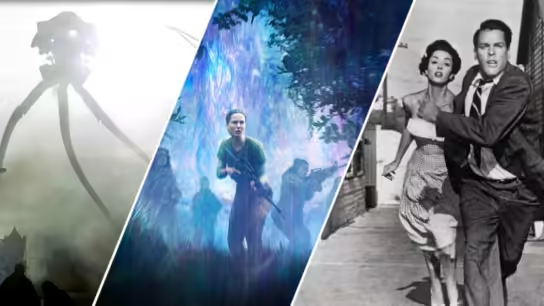The Marvel Cinematic Universe (MCU) has become a cultural phenomenon, captivating audiences worldwide with its intricate storytelling, complex characters, and groundbreaking visual effects. Since its inception in 2008 with “Iron Man,” the MCU has expanded into a sprawling, interconnected web of films and television series, redefining modern cinema and setting a new standard for blockbuster franchises.
The Beginning: Phase One
The MCU’s journey began with “Iron Man” in 2008, directed by Jon Favreau and starring Robert Downey Jr. as Tony Stark. This film not only introduced audiences to the charismatic billionaire inventor but also laid the groundwork for the interconnected universe concept. “Iron Man” was followed by “The Incredible Hulk” (2008), “Iron Man 2” (2010), “Thor” (2011), and “Captain America: The First Avenger” (2011). These films culminated in “The Avengers” (2012), where the heroes united to battle the alien threat led by Loki. This ambitious crossover was a massive success, proving the viability of a shared cinematic universe.
Expansion and Depth: Phase Two
Phase Two of the MCU began with “Iron Man 3” (2013), exploring the aftermath of the events in “The Avengers.” It continued with “Thor: The Dark World” (2013), “Captain America: The Winter Soldier” (2014), “Guardians of the Galaxy” (2014), “Avengers: Age of Ultron” (2015), and “Ant-Man” (2015). These films delved deeper into the characters’ personal journeys and introduced new ones, such as the Guardians of the Galaxy, expanding the MCU’s scope to the cosmos. The recurring theme of Phase Two was the exploration of identity, responsibility, and the consequences of power.
The Culmination: Phase Three
Phase Three elevated the MCU to new heights with “Captain America: Civil War” (2016), where the Avengers faced internal conflict and division. This phase introduced iconic characters like Spider-Man and Black Panther. The cosmic side of the MCU was further explored with “Doctor Strange” (2016), “Guardians of the Galaxy Vol. 2” (2017), and “Thor: Ragnarok” (2017). The culmination of years of storytelling arrived with “Avengers: Infinity War” (2018) and “Avengers: Endgame” (2019), where the heroes faced the formidable Thanos in a battle for the fate of the universe. “Endgame” became a cultural landmark, breaking box office records and providing a satisfying conclusion to many characters’ arcs. Phase Three concluded with “Spider-Man: Far From Home” (2019), setting the stage for the next era of the MCU.
A New Era: Phase Four and Beyond
Phase Four began with “Black Widow” (2021), exploring Natasha Romanoff’s past. This phase also introduced new heroes and stories, such as “Shang-Chi and the Legend of the Ten Rings” (2021), “Eternals” (2021), and “Doctor Strange in the Multiverse of Madness” (2022). Phase Four also saw the expansion of the MCU into television with series like “WandaVision,” “The Falcon and the Winter Soldier,” and “Loki,” each adding depth and complexity to the overarching narrative.
The Formula for Success
The success of the MCU can be attributed to several factors:
- Interconnected Storytelling: The MCU’s ability to weave a cohesive narrative across multiple films and series keeps audiences engaged and invested.
- Character Development: Each character is given depth and complexity, making them relatable and memorable.
- Visual Spectacle: The MCU consistently delivers high-quality visual effects and action sequences, creating an immersive cinematic experience.
- Balancing Humor and Drama: The MCU’s signature blend of humor and drama makes its films entertaining while still addressing serious themes.
- Strong Leadership: Under the guidance of Marvel Studios president Kevin Feige, the MCU maintains a clear vision and consistent quality.
Impact on the Film Industry
The MCU has redefined the film industry, influencing how studios approach franchise-building and shared universes. Its success has led to numerous imitators, though few have replicated its level of achievement. The MCU’s impact extends beyond box office numbers, shaping audience expectations and demonstrating the potential for serialized storytelling in cinema.
Conclusion
The Marvel Cinematic Universe is more than just a series of superhero movies; it’s a cultural touchstone that has redefined modern filmmaking. With its rich tapestry of interconnected stories, compelling characters, and groundbreaking visual effects, the MCU continues to captivate audiences and set new standards for cinematic excellence. As it moves into new phases, the MCU promises to keep evolving, delivering more epic adventures and unforgettable moments.





